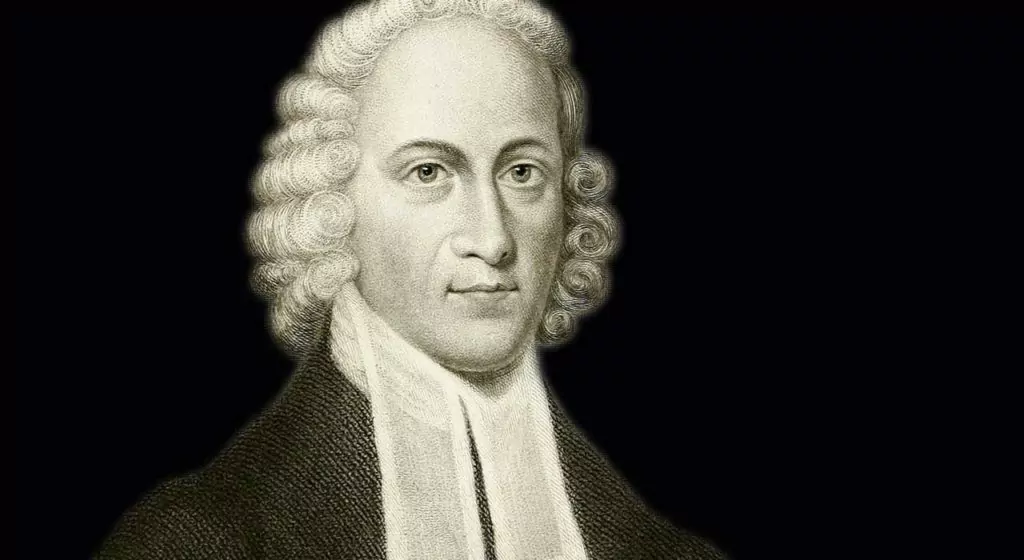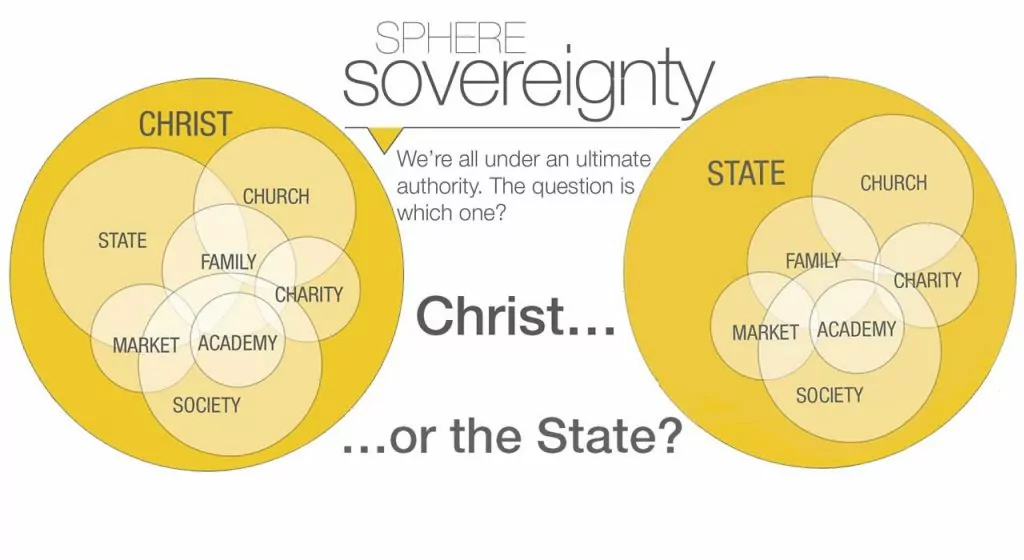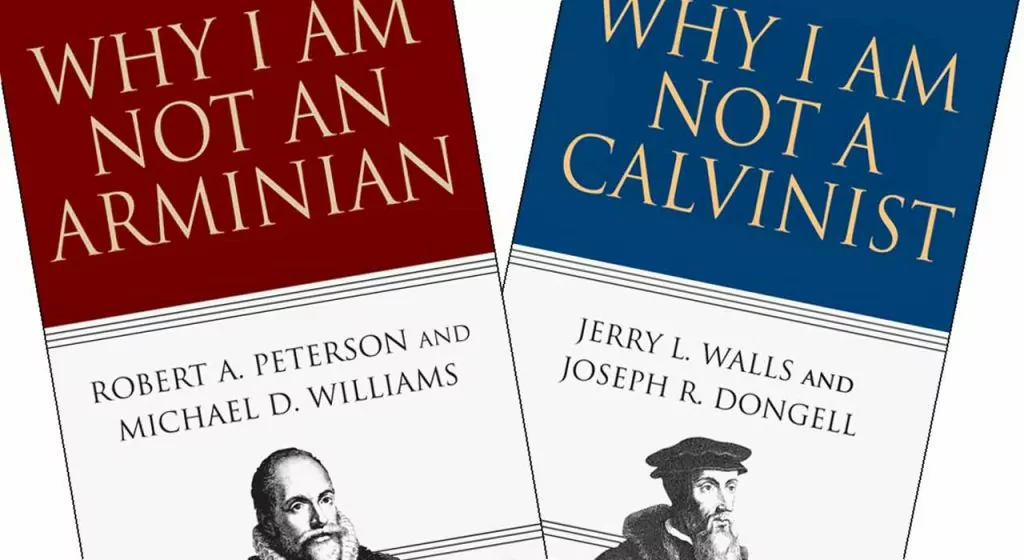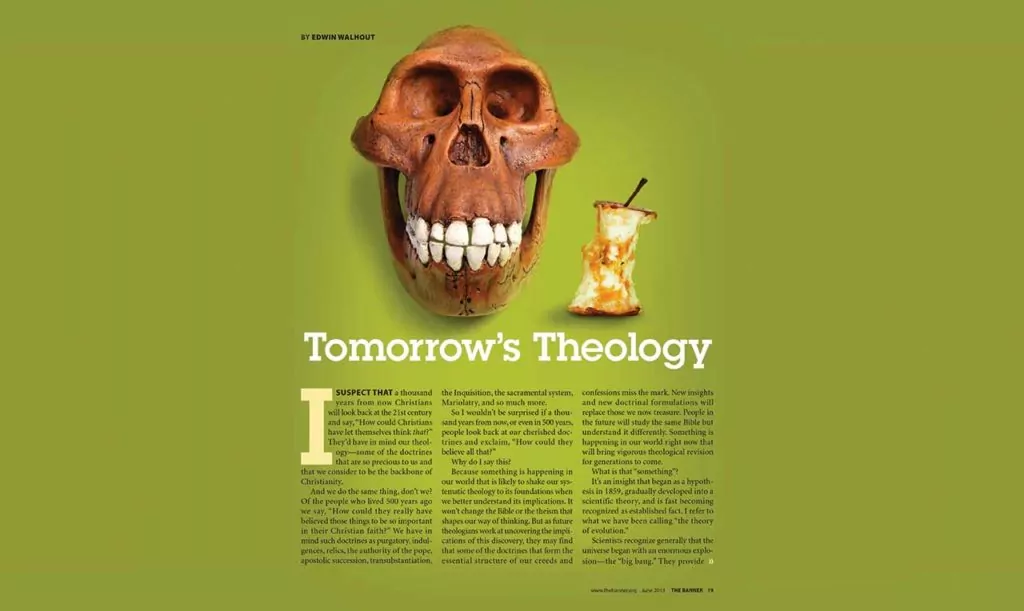
Theology
God gives rest: On the 4th Commandment
Years ago I blew my first shot at university. I goofed off, got lousy grades, and ending up with a one-year academic suspension.
When I came back I didn’t want to mess up my second, and also last, chance. So I studied hard. It wasn’t quite 24/7, but close, and if I had an exam on Monday I would review all my notes the day before. I would be highlighting and cramming into the wee hours of Sunday night.
And then my dad found out.
I’d really disappointed my dad when I got suspended and didn’t want to disappoint him again. I wasn’t going to no matter how hard I had to push myself!
So here’s my dad, popping his head around the corner to wish me “Good night!” and he sees me hard at work. He sees me stressing. He sees a young man in a near constant panic. I was not going to blow this.
And here’s what he told me.
God gives rest.
He doesn’t expect more
Yes, I had to work hard those six other days of the week, but come Sunday, God said I could stop. Instead of work, we can be with our family, together, worshipping our God. Instead of stressing, we can recover. Instead of work we can play, and nap, and go to bed on time.
But what if that makes me fail my Monday morning exam?
My dad spelled it out very clearly: then I fail.
But I fail in a very different sort of way than the first time. The first time I was lazy, and not using my God-given talents. But if I use what He’s given me, and it turns out I simply don’t have what it takes to make it in university while studying only six days a week, then so be it. Then I can fail knowing I do so to God’s glory.
That’s what my dad told me, and I am very grateful he did. It lifted a weight off my shoulders. I could stop clenching my teeth and just breathe again
It also turned out that a day off can make you a lot more effective Monday through Saturday, so resting didn’t impact my grades. I did pretty well my second go around.
A few years later I was a part of a political campaign that never had enough time to get things done. We worked from 6 AM until midnight every day for 6 weeks, 6 days a week. On Sundays I stopped. And we lost.
What might have happened if we had gone just that little bit harder and campaigned on Sunday too? I never wonder. God didn’t require it of me, so I never had to consider it. And when we lost, I knew that this was the very best thing that could have happened. Better to fail God’s way than to succeed any other. We campaigned to God’s glory, rested to the very same end, and in losing, honored Him.
Take the gift!
We sometimes see the Fourth Commandment as a restriction imposed on us, but Jesus tells us it is a gift: “The Sabbath was made for man, and not man for the Sabbath” (Mark 2:27).
The Sabbath rest is for us. We’re allowed to take it. What God is saying here is if the only job you can find requires Sunday work, then you don’t need to do it. You can take your Sunday rest, even if it means being unemployed. You can honor Him in turning to the deacons.
If you need to work Sundays to get ahead, God says there is no need to climb the corporate ladder. You can take your rest and honor Him more by staying that one rung further down than you could ever do so by rising higher while rejecting His Sunday gift.
And here’s a radical thought for all the procrastinating students out there. If you really should have been working on your project all week, but didn’t, and now it’s Sunday and the project is due the next day* and you’ve barely started,…you know what? You can still take your day of rest. Yes, you need to ask God’s forgiveness for all the laziness of the last week. But you don’t do Him any honor in starting to work hard on the day He’s given to you as rest. Take your day. Fail your project. Understand that the reason you have a lousy mark is because of all the time you wasted during the week, and it has nothing to do with the rest you took on Sunday. Then ask God to help you fight your procrastination so you don’t make this same mistake again.
Embrace the gift, not the exception
Sometimes there are reasons to work on Sunday. We know there are all sorts of jobs that may require some Sunday hours. We know that Jesus healed on Sunday, and encouraged taking kids and oxen out of pits even if they happen to fall in on the Sabbath (Luke 14). Police officers, farmers, ministers and the odd chemist or two, will need to work on Sunday.
But the principle remains the same: God gives us rest. Taking a day off, once per week, is not only a gift from God but also a matter of, in humility, trusting Him. Each week God provides this reminder to make it clear that yes, the world can get by without us. So if your vital job keeps you from the occasional worship service, then you should still take God up on his gift of rest. Take a breather on Monday, or Saturday, and discover how you’re not quite as vital as you thought. Then stop trying to figure out a way to evade God’s generosity. Just enjoy it.
In a world filled with endless work – laundry that never ends, homes that don’t repair themselves, and office work that you have to take home with you in the evening – what a wonderful gift it is to be able to stop working. Guilt-free. What a relief!
Why would we ever say no?
****
* One way Christian schools can encourage students to take Sunday as a day of rest is to ensure that they don't have tests, or big assignments due, on Mondays.























